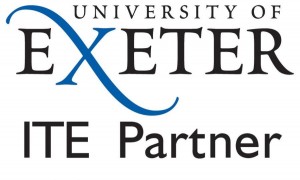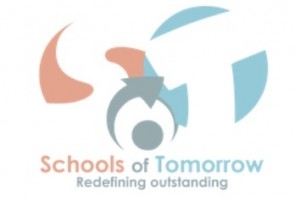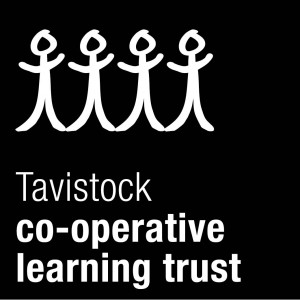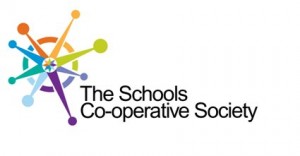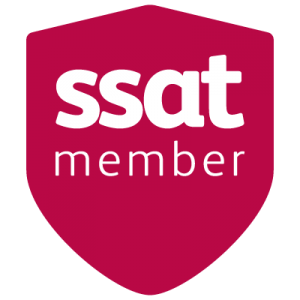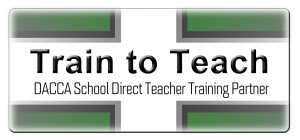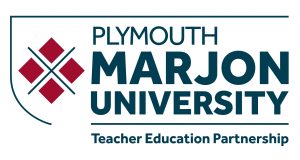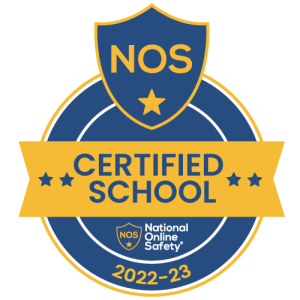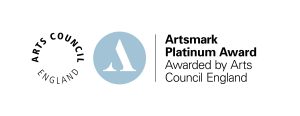This week saw us commemorate Armistice Day with a very reduced remembrance event, unlike in previous years. With poppies up and down the country and moving and lavish displays on some buildings, we are all aware that in November the nation marks the gruesome wars that have scarred our past and present. Last Sunday, over 3000 bells rang out across the United Kingdom with half muffled tolls… the sound of a slow march to help us remember those who lost their lives. The act of remembrance is important in schools and should always be embraced. It sometimes seems to me that war is still too easy a thing to talk about. Luckily most people do not experience war outside of what we see on the news or in films. Few people actually share a collective memory of the 20th century wars. To many they can seem nationalistic and romantic, promoting the idea of the good guys versus the bad guys. War is really much more complex than this. Whilst we remember those who bravely gave their lives in conflict, we must also remember everyone else who is affected. The words ‘lest we forget’ may ring hollow when we see how war continues and holds us in its grip in so many places. We really have yet to learn the lessons from the fallen. In modern war we hear stories of collateral damage and loss of assets – actually, these are power stations, schools, hospitals, roads and homes. People’s loss of loved ones – children and parents. 1000s of lives are still being lost as victims of modern warfare. People are making perilous journeys across land and sea to protect their families, to flee from famine and persecution. We no longer speak of terror in the trenches but continue to experience inhumane conditions everywhere. War de-humanises people. What fools we are to make war a computer game for our children and to allow it to be glorified on social media. In remembrance, we commit to making the world a better place. Wars do not start with someone deciding to bomb a country. They start with actions and words. Words are some of the most powerful weapons we have. Words can be used to create conflict, unrest and hate. Or they can be used for good, for creating peace and conciliation. Messages for us all.
The first teaching and learning review this year was also a very different event, relying on work scrutiny and remote learning checks, student voice and parental feedback. There were strengths and areas that need acceleration, not last in the area of feedback that has suffered due to the nature of teacher movement around the site. However, a review can only really dictate the ‘bottom line’. I understand that teaching is a very personal business and so one student might rate you and another might hate you. It is idiosyncratic, subjective and it is all about personalities and getting the best fit. Being effective is elastic but relationship-effects between teachers and students play a huge part However, getting a consensus on what being a good or effective teacher is can be extremely hard and we cannot rely on Ofsted inspectors, what Sarah’s mum says, or the twitterings of social media.
There is no formula, but there are some pointers in the research showing us what traits or approaches are most likely to be effective. The research that is out there on effective teaching tends to mix together what effective teaching looks like and what qualities an effective teacher has. Barak Rosenshine’s (2012) Principles of Instruction have certainly got a lot of attention in recent years .His work largely underpins our Teaching and Learning policy. He presents 10 research-based principles from cognitive science, studies of master teachers and the research on cognitive support to help students learn complex tasks. His research focused on learning instruction, teacher performance, and achievement. Working with Norma Furst, he identified five characteristics of teacher behaviour which have served as a framework for research on teacher performance. These are: clarity of exposition, enthusiasm, task orientation, varied approaches, and opportunities to learn. The 10 principles are all based around the model of explicit instruction:
- Begin a lesson with a short review of previous learning.
- Present new material in small steps with student practice after each step.
- Ask a large number of questions and check the responses of all students.
- Provide models.
- Guide students’ practice.
- Check for student understanding.
- Obtain a high success rate.
- Provide scaffolds for difficult tasks.
- Require and monitor independent practice.
- Engage students in weekly and monthly review.
A 2014 Sutton Trust report, ‘What makes great teaching? (Coe et al, 2014) identifies six common components that constitute good quality teaching. In order of effectiveness, they are:
- Pedagogical content knowledge – teachers who have a deep knowledge of their subject (strong evidence of impact on outcomes).
- Quality of instruction – effective teaching and assessment methods (strong evidence of impact).
- Classroom climate – creating a classroom that encourages students to recognise their self-worth (little evidence of impact).
- Classroom management – a teacher’s ability to make use of lesson time and resources (moderate evidence of impact. Resources have the least impact).
- Teacher beliefs – why teachers adopt particular practices and the purposes they aim for (some evidence of impact).
- Professional behaviours – how teachers reflect on their own development, supporting colleagues, and engaging with parents (some evidence of impact).
When you compare the two reports, it is clear why we focus on cognitive tools rather than behaviourist approaches that pay scant attention to the constructivist nature of learning.
The feedback from the teaching and learning review is ready to be shared in Faculties As in all things, the greatest joy in our work will be achieved not through indulging each other or colluding in excuses and self- pity but through seeking to succeed at the highest level. Tim Brighouse calls us to adopt an attitude of unwarranted optimism. Now is the time to review this approach.





